Today’s readings
I’m Italian on my mother’s side of the family, and in our family, as in families of other ethnicities, I am sure, the prospect of not having enough food for people to eat at a gathering is the stuff of nightmares. For many of our family gatherings, we have way more food than we need, and we typically send guests home with leftovers, and eat the leftovers ourselves for some time. So our first reading and our Gospel today really grab my attention. In both situations, I’d be panicking to feed the hungry crowds.
In both of these situations, a person comes forward with some food, but the food is laughably inadequate to feed the hungry crowd. In the first reading it’s twenty loaves to feed a hundred people, and in the Gospel it’s even worse: five loaves and two fish to feed well over five thousand people. In both cases, the giver is willing to make the sacrifice, to give all that he has to feed whoever he can. In both cases, God takes care of the lack, making the meager offering enough, and more than enough, to feed the hungry crowd.
And it is these feeding miracles that begin our summer look at the Eucharist, as we pause our reading of Mark’s Gospel to look at chapter six of the Gospel of John, which is commonly known as the “Bread of Life Discourse.” We will study this for the next five weeks, with one interruption to celebrate the solemnity of the Assumption of the Blessed Virgin Mary next month. Your homework for next week is to read the entire sixth chapter of John’s Gospel so that you can see the overall context, and make up for the chunk of it that we won’t read on Assumption Day. I promise you will be glad you did.
So we begin with the story of the feeding of the multitudes, and I want to make a few points about this particular reading. First of all, this miracle has the distinction of being the only miracle story other than the Resurrection of Jesus that is told in all four gospels. This testifies, I think, to the importance of the story itself, and tells us that Jesus came to take care of people’s hunger. Not just their physical hunger, although that is clearly seen here, but more their spiritual hunger, as we can see from the fact that the crowds were hanging on his every word and thronging to see him.
The second point I want to make is that this is definitely not a miracle of sharing. Four evangelists would not have taken pains to preserve the event and tell its story if it were about people sharing their lunches with each other. Here’s the rule of thumb: whenever an explanation of a Gospel story makes that story more about people than it is about Jesus, it’s always wrong. Always. Without exception. The Gospel is the Good News that Jesus came to bring, and the story is always about him. The miracle here is not that so many people were touched to their heart and decided to share. The miracle is that a boy sacrificed his five loaves and two fish, and in Jesus’ hands they become enough, and more than enough, to fill the stomachs of every person on that grassy hillside, and twelve baskets besides. Period.
The reason this is so important is the third point I want to make, and that is that this story, for John, is the story of the institution of the Eucharist. John’s Gospel doesn’t have that familiar story of the giving of the bread and wine to be Jesus’ body and blood on the night before he died. And we can see that because, in John’s story of the feeding of the multitudes, unlike in the other three Gospels, it is clearly Jesus who is in charge. First of all, it is Jesus who notices that the crowds are hungry; they have expressed no such need, and it wasn’t the apostles bringing it to his attention so they could dismiss the crowds. Jesus doesn’t need anyone to tell him what the people need or how to minister to them. Second, like a good salesman, he doesn’t ask any questions to which he doesn’t already know the answer. When he asks Philip, “Where can we buy enough food for them to eat?” he already knows the answer. And third, when the loaves and fishes had been gathered and blessed, it is Jesus, not the Twelve, who distribute the food to the people. In Matthew, Mark and Luke’s version of this story, Jesus gives the food to the Apostles to give to the people. But in John’s account, Jesus takes the food, gives thanks, and gives it to the people himself. The word “thanks” here, in Greek, is eucharisteo, which makes obvious the fact that this is Jesus, fully in charge, giving the Eucharist to the people and to us.
This Eucharistic miracle was meant to feed everybody: clearly everybody on that grassy mountain, but even more than that, the whole world in every time and place. Notice that there were twelve baskets of leftovers. Twelve is significant because it represents the twelve Old Testament tribes, or really, the whole world for the Jewish people of the time. Thus the Eucharist went out to all the world and continues to feed us spiritually in our own time and place.
What we need to take with us is the fact that Jesus is always enough, and more than enough, to take care of our needs. We may think our offering isn’t much, like five loaves and two fish in the face of all the hungry people on that mountain. But when we give all we have as did that boy, and also the man from Baal-shalishah in the first reading, Jesus can take it, bless it, break it, and give it to everyone who has need and then some. We need to be always ready to give what we have and trust Jesus to make it enough, and more than enough, to accomplish his holy will. As the Psalmist sings this day, “The hand of the Lord feeds us, he answers all our needs.”


![Friday of the Twentieth Week of Ordinary Time [Mass of the Holy Spirit]](https://father.mulcahy.net/wp-content/uploads/2021/08/Love_you.jpg)
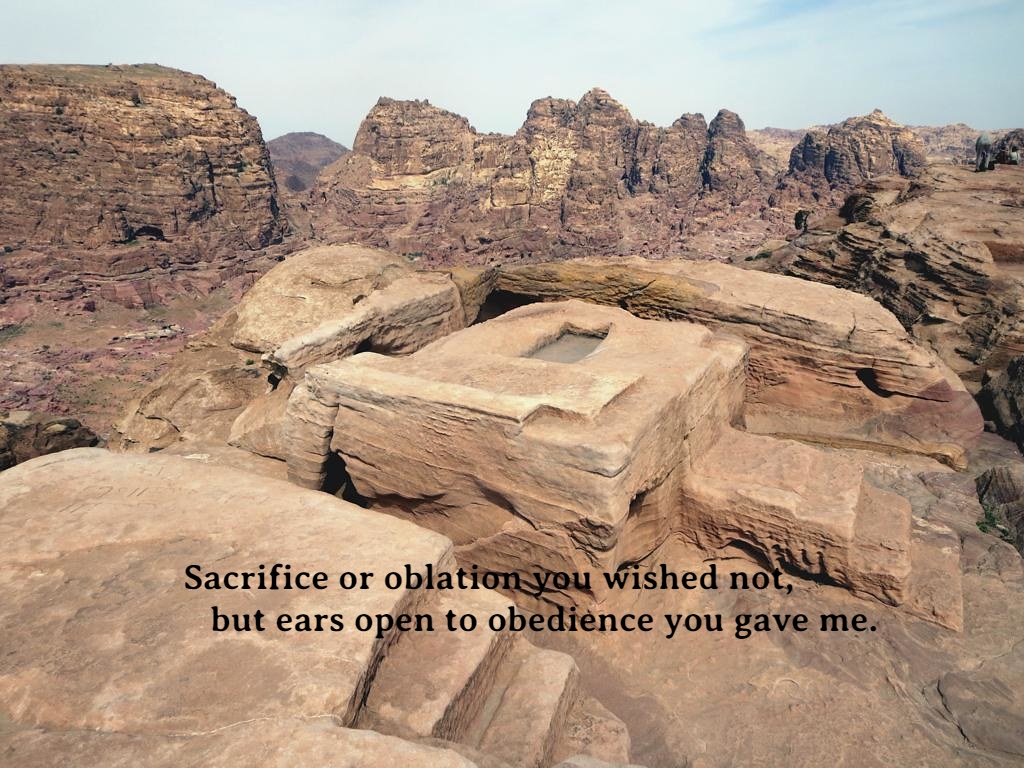
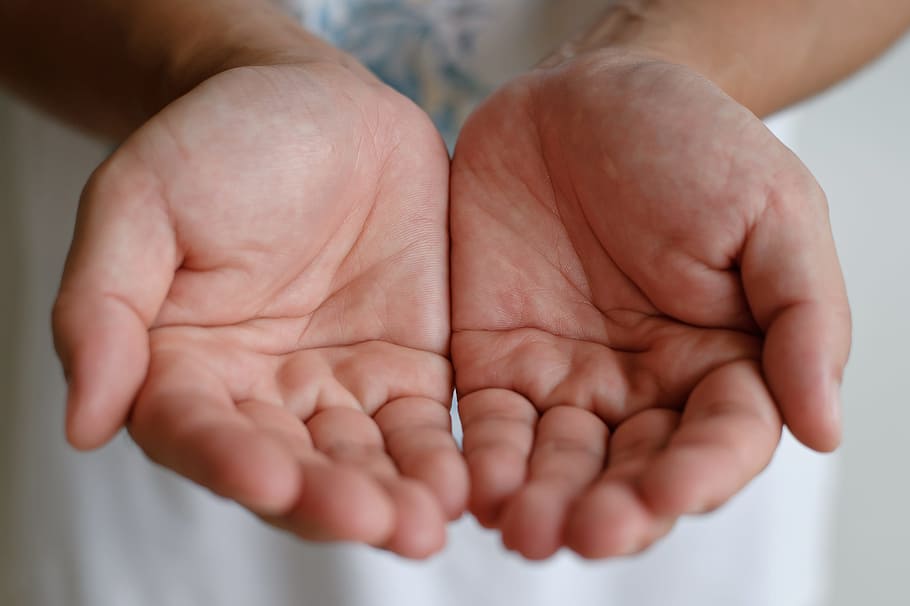

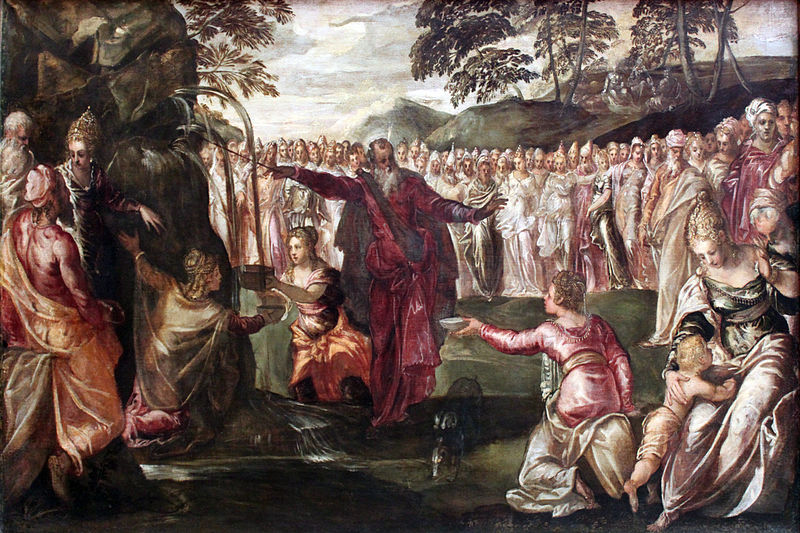
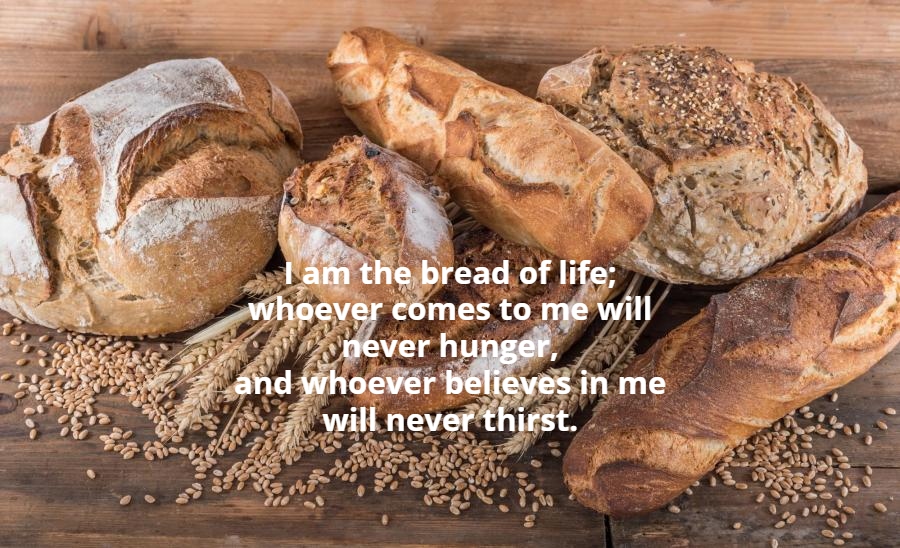
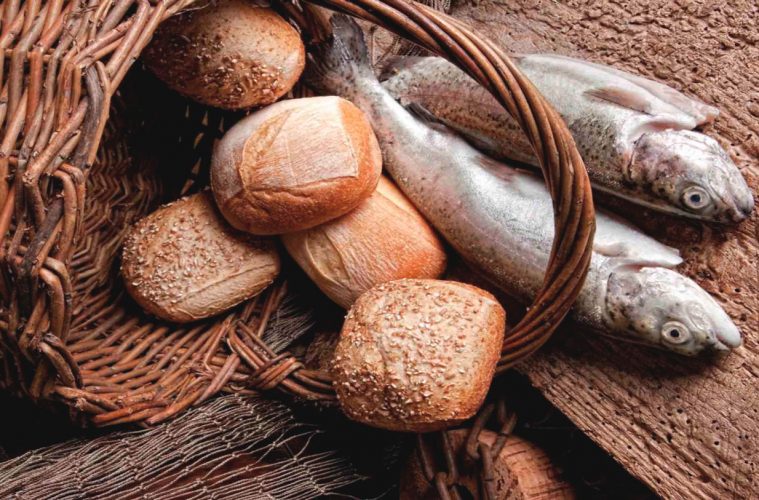
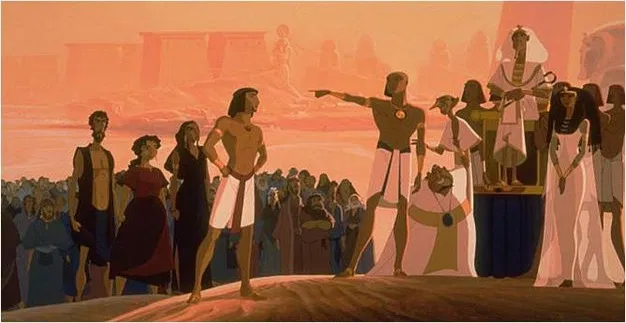
You must be logged in to post a comment.